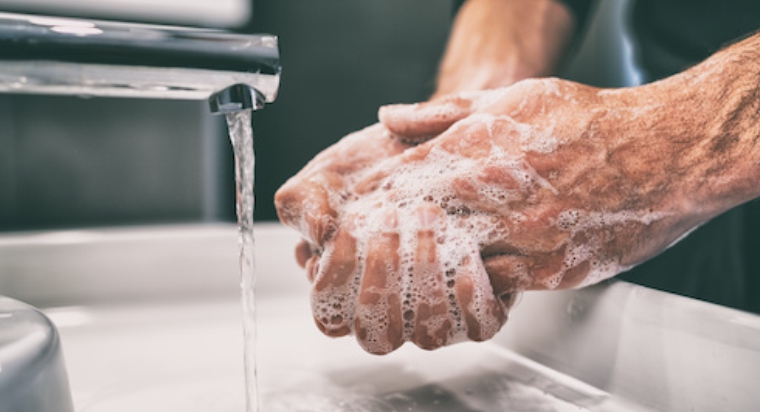Tips to stay healthy during cold and flu season
As the weather gets colder and the days get shorter, the chances of catching a respiratory illness increase. Cold and flu season typically begins in October and can last until May. To prevent the spread of respiratory illnesses, it’s important to take certain precautions. In this post, we’ll go over some effective tips to stay healthy during cold and flu season.
Cold and Flu Season Safety Tips
As we navigate the winter season, here are some helpful ways you can protect yourself from respiratory diseases.
1. Wash Your Hands Regularly
One of the most effective ways to prevent the spread of respiratory illnesses is to wash your hands regularly. Hands are a common source of germs, and respiratory viruses can be easily spread by touching contaminated surfaces. Make sure to wash your hands for at least 20 seconds with soap and water, especially before eating or touching your face. If soap and water aren’t available, use hand sanitizer that contains at least 60% alcohol.
2. Cover Your Mouth and Nose
Another cold and flu season safety tip is mouth and nose protection. Respiratory viruses can be spread through coughing and sneezing. Cover your mouth and nose with a tissue when coughing or sneezing, and then throw the tissue away. If you don’t have a tissue, cough or sneeze into your elbow, not your hands. This can help prevent the spread of germs and viruses to other people.
3. Avoid Close Contact with Sick People
If someone around you is sick,try to avoid close contact with them. Respiratory viruses can be easily spread through close contact, such as hugging or shaking hands. If you have to be around someone who is sick, make sure to wear a mask and keep your distance.
4. Clean and Disinfect Surfaces Regularly
Respiratory viruses can survive on surfaces for several hours. Clean and disinfect surfaces regularly, especially if someone in your household is sick. Use a disinfectant that is effective against viruses, and follow the instructions on the label.
5. Stay Home If You’re Sick
If you’re feeling sick, stay home to avoid spreading the illness to others. This is especially important if you have a fever, cough, or other respiratory symptoms. Resting at home can help you recover faster, and it can also prevent the spread of the illness to others.
6. Get Vaccinated
Getting vaccinated is one of the best ways to protect yourself from respiratory illnesses. The flu vaccine is recommended for everyone over the age of 6 months, and it’s especially important for people at higher risk of complications, such as older adults and people with chronic medical conditions.
7. Practice Good Respiratory Hygiene
Practicing good respiratory hygiene can help prevent the spread of respiratory illnesses as yet another cold and flu season safety tip. This includes avoiding touching your face, especially your eyes, nose, and mouth, and wearing a mask in public places or when around others who are sick.
In conclusion, preventing respiratory illnesses during cold and flu season is crucial to keeping yourself and those around you healthy. By practicing good hygiene habits, such as washing your hands regularly, covering your mouth and nose, and disinfecting surfaces, you can help prevent the spread of respiratory illnesses. Remember to stay home if you’re sick, get vaccinated, and practice good respiratory hygiene to protect yourself and others.
If you have any concerns or questions about respiratory illnesses, don’t hesitate to contact usat the Pulmonary Clinic of the Carolinas. We are here to help you stay healthy and safe.



 Translate
Translate

